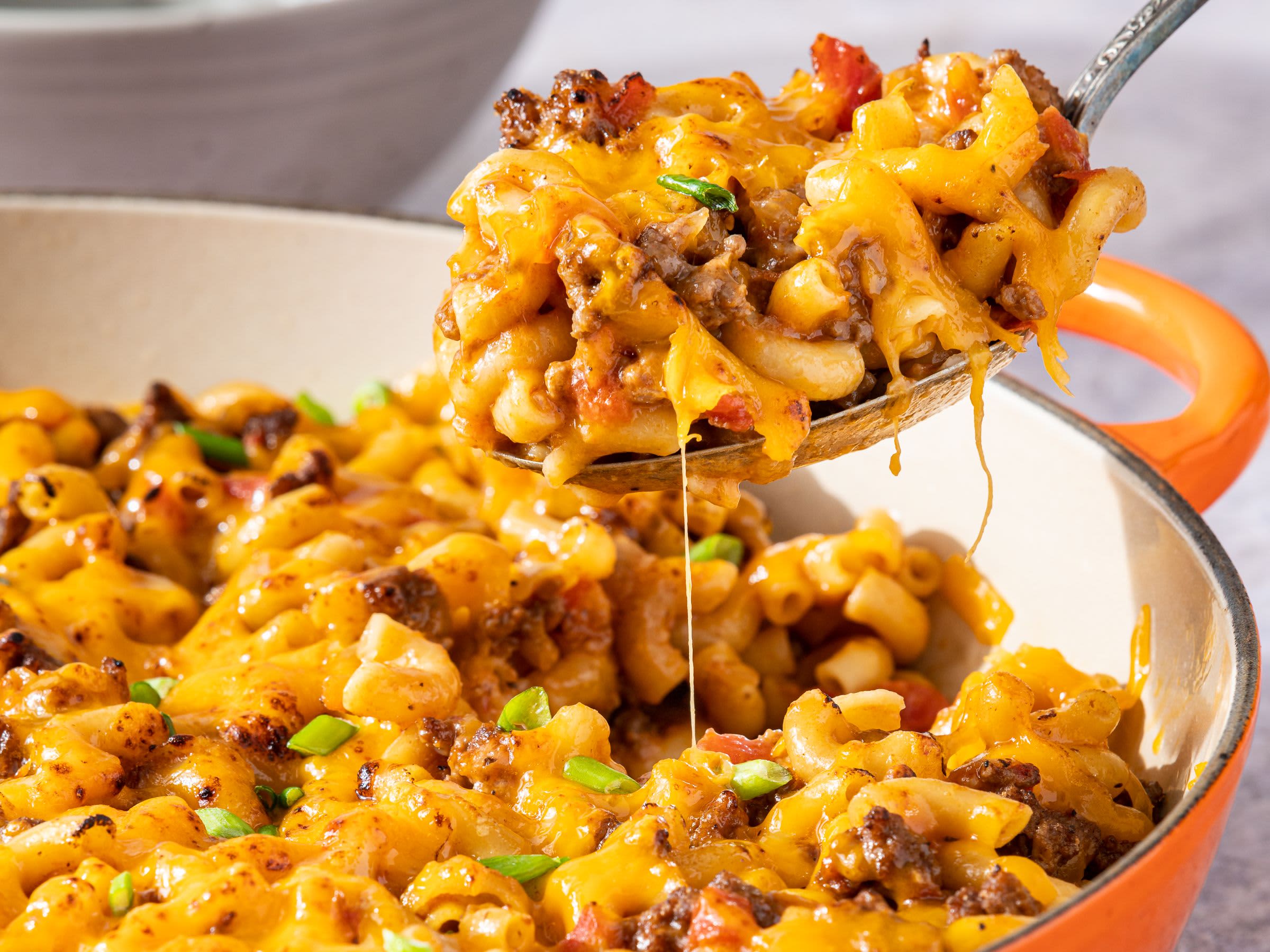WILKES-BARRE, Penn. (WBRE/WYOU) — Food stuff businesses use cleverly crafted text and phrases to current market their products in the hopes of swaying your purchasing choices. But what do people labels seriously signify?
“Imagine this. You’re strolling via the grocery retail store wanting for container steaks to invest in. Reading through the labels, you discover steaks labeled as all-purely natural, organic and natural and grass-fed. Which one do you opt for?” requested Becca Lehman, a junior agriscience pupil at Central Columbia Higher Faculty.
The selections differ, but do you know why? When selecting your foodstuff, pay out focus to labels so you know what you’re placing in your physique.
In accordance to the Food items and Drug Administration, “natural and organic” products and solutions must be manufactured using agricultural manufacturing practices that foster useful resource cycling, market ecological balance, preserve and boost soil and h2o good quality, reduce the use of artificial elements, and conserve biodiversity.
There are rigid recommendations when it comes to labeling foodstuff as “organic,” so it may be truly worth shelling out a couple additional bucks for them. But what about “all-organic” foods labels?
“The Fda and [U.S. Department of Agriculture] aren’t inspecting those people products to make guaranteed. It’s variety of just the Fda is looking at the label and likely, ‘OK, that’s a label we have.’ But it is important that we know that those animals can however be offered steroids, development-advertising and marketing hormones or antibiotics. All-pure just implies there is no foodstuff coloring,” reported Lehman.
In January, the countrywide bioengineered food stuff disclosure regular went into influence, which means businesses are now expected to give a disclosure that lets you know if you are having any bioengineered food items. Bioengineering is just one of the scientific improvements that produced it probable for the considerably less than 2% of People in america who are farmers to feed our mounting population.
“We could not do what we do or be wherever we are without the need of GE [genetically modified] crops and the engineering that we have completed,” reported Russell Redding, Secretary of Agriculture for Pennsylvania. “Applied methods that are advantageous to larger modern society, no impacts to the atmosphere and maintain up fed each and every working day. Which is an attribute to the farms and the science.”
When you see foods labeled “non-GMO,” it is important to be mindful of just what that implies so that you really don’t shell out extra money for what appears on a label.
The Food and drug administration does not desire to use the popular time period non-G.M.O. as many providers do when describing foodstuff goods.
GMO is short for “genetically modified organism,” and the agency states that “technically it is the plant that is genetically engineered rather than the foodstuff.” In its assistance on meals labeling, it states that it utilizes the time period “food derived from genetically engineered plants” instead.
“I feel the market is an opportunist, proper. It is employing conditions and applying terms exactly where the solution itself just cannot be engineered. There are only seven big crops in the state that actually have GE [genetic engineering] happening to them,” explained Redding.
This sort of crops consist of but are not restricted to soybeans, corn, sugar beets, canola, cotton and some apple types.
“It’s not every thing you see in the marketplace,” Redding extra. “I think that reality in marketing and how we existing issues is significant.”






